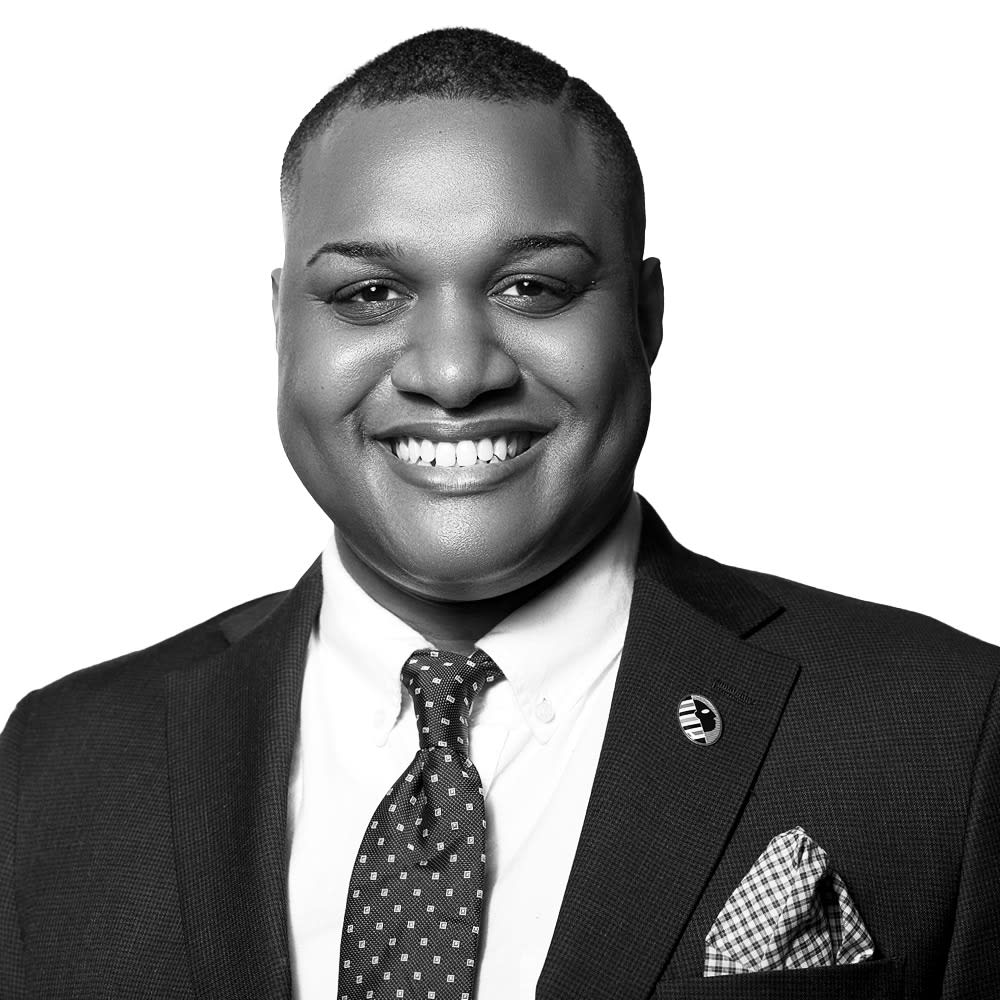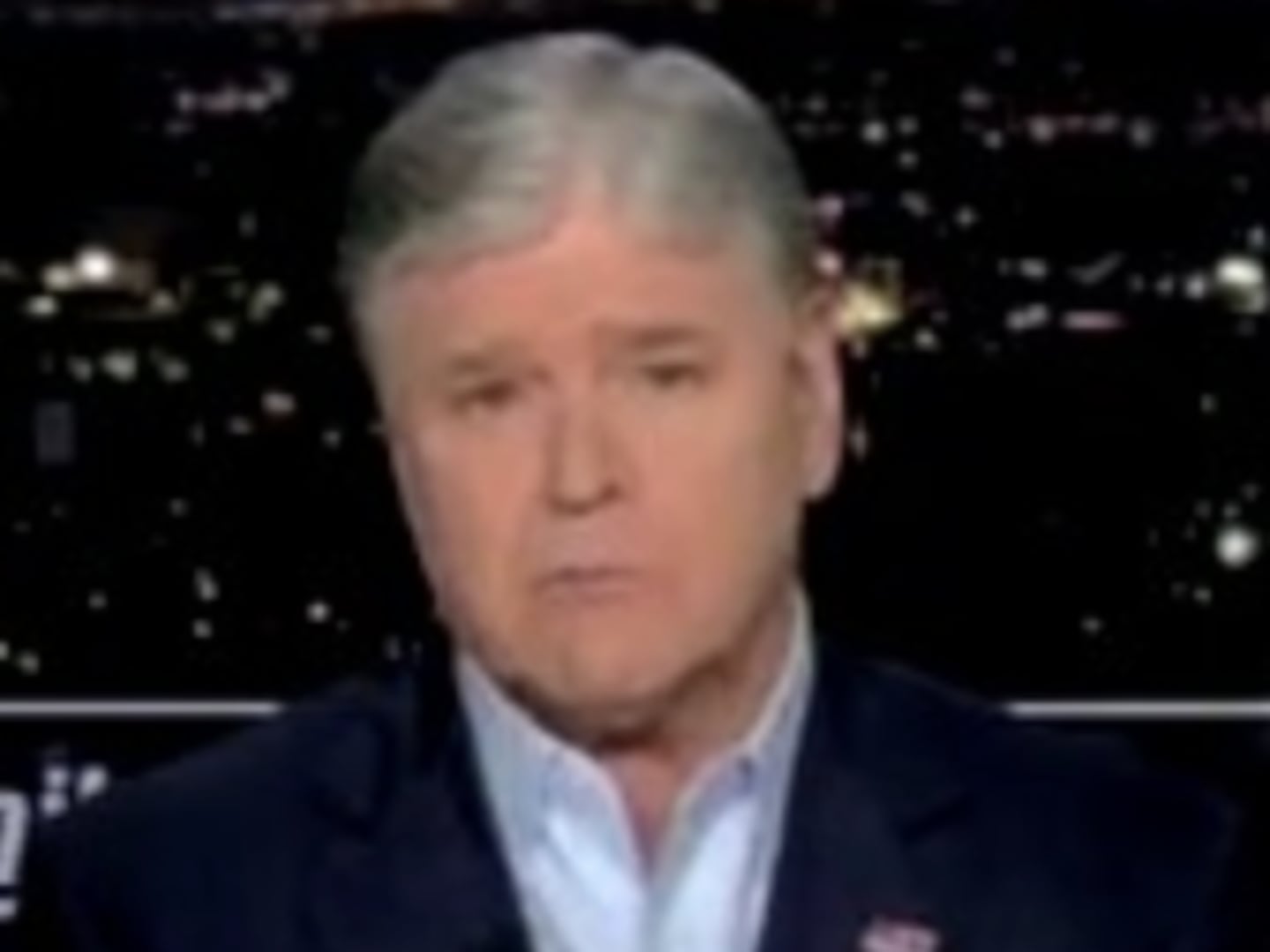I’m confused—and given the crazy, baffling trajectory of the Jussie Smollett case so far, maybe I am going to stay confused for some time.
Chicago prosecutors have dropped all charges against the Empire actor after he was indicted on 16 felony counts for allegedly filing a false police report about the assault he allegedly suffered in January.
According to his attorney, Smollett didn’t strike a deal with prosecutors—they apparently dropped the charges on their own—and he forfeited his $10,000 bond voluntarily.
Chicago's Police Superintendent Eddie Johnson and Mayor Rahm Emanuel said Smollett being let off the hook was a “whitewash of justice,” and that they thought was Smollett was guilty. “Is there no decency in this man?” asked Emanuel.
This comes after weeks of an investigation into an attack on Smollett claiming that he paid two brothers from Nigeria, Abimbola and Olabinjo Osundairo, to stage his assault.
“After reviewing all of the facts and circumstances of the case, including Mr. Smollett's volunteer service in the community and agreement to forfeit his bond to the City of Chicago, we believe this outcome is a just disposition and appropriate resolution to this case,” the Cook County State's Attorney's Office said in a statement Tuesday.
“Jussie was attacked by two people he was unable to identify on January 29th,” Smollett’s attorneys said in a statement. “This entire situation is a reminder that there should never be an attempt to prove a case in the court of public opinion.”
On Tuesday, Smollett faced the cameras and maintained his original story of a racist and homophobic beating was still true.
“I have been truthful and consistent on every single level since Day One. I would not be my mother’s son if I was capable of one drop of what I have been accused of. This has been an incredibly difficult time, honestly one of the worst of my entire life. But I am a man of faith and I am a man that has knowledge of my history, and I would not bring my family, our lives or the movement through a fire like this. I just wouldn’t.”
But Joe Magats, the first assistant state's attorney who made the final decision to drop the charges against Smollett made it a point to tell the press: “We didn't exonerate him.”
Both the Chicago PD and Chicago's mayor angrily rounded on the actor after the decision was announced, and made clear they still believe Smollett is guilty of what he was charged with—in Johnson and Emanuel's view, Smollett has made an ugly mockery of hate crime laws and the city of Chicago.
“Prosecutors have their discretion of course, we still have to work with the state's attorneys office, we'll have conversations after this,” said Johnson. “At the end of the day it was Smollett who committed this hoax.”
And now it shouldn’t be difficult to understand why I am more confused than ecstatic for Smollett.
The verdict is still out on how this will affect reporting hate crimes within the Black LGBTQ community. Personally, this entire situation has been topsy-turvy for me since the beginning. When Smollett's incident was first reported, I stood by him and believed him.
Once more details emerged and things looked questionable, I began to reprioritize how much energy I give to celebrities within such social justice efforts. With more questions than answers surrounding these dropped charges, it's obvious the community isn't getting the clear-cut victory we anticipated.
He's not going to jail, but this entire ordeal doesn’t prove he’s innocent either.
From the outside, it looks, as Johnson and Emanuel contended, that Smollett is a celebrity who was so well connected that he was able to avoid potential public accountability. He has used his influence, wealth, and power to protect himself.
Because case documents are now sealed, the public will never know what actually happened and why the charges were dropped.
We will never get to the bottom as to why those two brothers, who were once formally friends with the actor, attacked him. We will never know all of the evidence that challenged his claim of a hate crime. We will never know exactly how possibly bad the Chicago Police Department failed to make a case against Smollett. We will never know what actually happened.
Now what? Should I simply just wrestle with all the doubt and initial concerns I had of Smollett’s traumatic account. I know that I should believe survivors, but I’m still debating if this is the case for him.
Smollett said Tuesday his campaigning credentials and passions remained intact. “I would like nothing more than to get back to work and move on with my life, but make no mistake, I will always continue to fight for the justice, equality and betterment of marginalized people everywhere.”
As a next step on this mission, he might want to tell us all the entire truth about what happened to him, and his relationship to his two alleged attackers.
Smollett suggested that two unidentified white Trump supporters attacked him, but we now know that it was actually two black men he personally knew, who did. Why did he lie about that initially? What will now become of those brothers?
If Smollett is telling the truth, we are left to believe these two men connected to him chose to commit a brutal hate crime against him and falsely accuse him of paying them to do it. If this isn’t true, those men pretty much lied to authorities and assassinated Smollett’s character. Will the cops now arrest the two brothers, if they believe that they committed a crime?
Is the Chicago Police Department, itself mired in controversy for decades, to blame for this fiasco of an investigation? Where are the calls for action against them?
Smollett appears to just want to move on, but there are still institutions and individuals involved in this case that could possibly cause harm to others.
In other words, if we are supposed to believe that this was a hate crime and a possible institutional conspiracy took place, why isn’t Smollett, the self-proclaimed “gay Tupac,” not pushing for full justice?
It’s with those questions and many more that I will continue to affirm my previous notion that it’s high time we stop centering celebrities within social justice movements.
Their power, money, and influence is more accessible and complicated than the tools of protest used by everyday people. Most people, especially Black LGBTQ individuals, don’t have the legal means and visibility to fight off a case without taking some sort of plea.
I can only imagine that with the backing of powerful attorney Mark Geragos (who has represented Michael Jackson, Chris Brown, Scott Peterson, and several other public figures), Smollett was able to have the kind of resources that could easily intimidate prosecutors.
This is why I’m not surprised at the case not making it to trial—but suddenly being dropped altogether out of nowhere. Again, the abruptness of these dropped charges leaves more questions than answers, and some bruised reputations across the board.
There’s a saying that goes, “There are three sides to every story: Yours, the other person’s, and the truth.” In the Smollett case we are left with knowing about the first two, but completely missing the latter and most important.
Justice, I guess.






